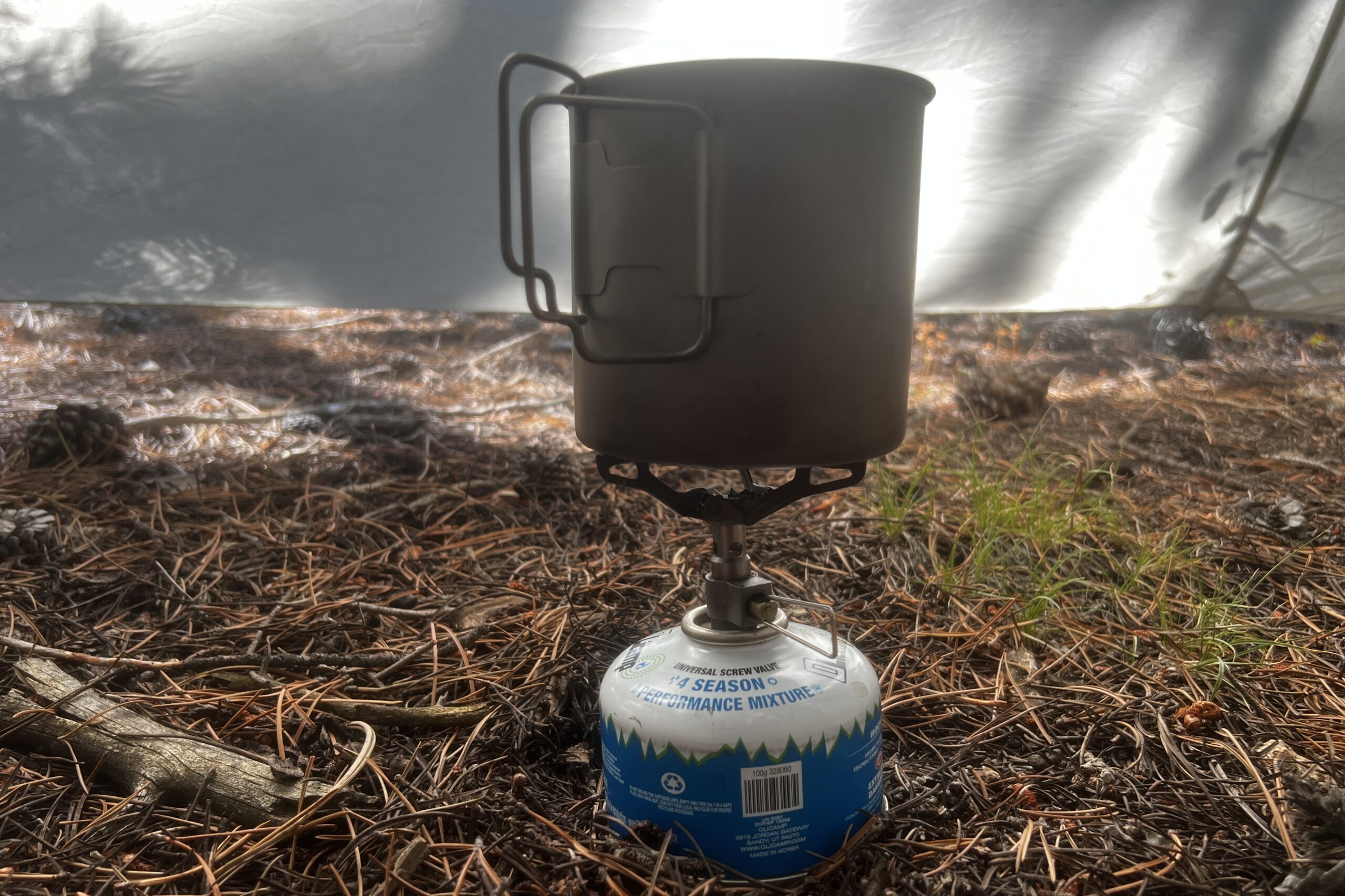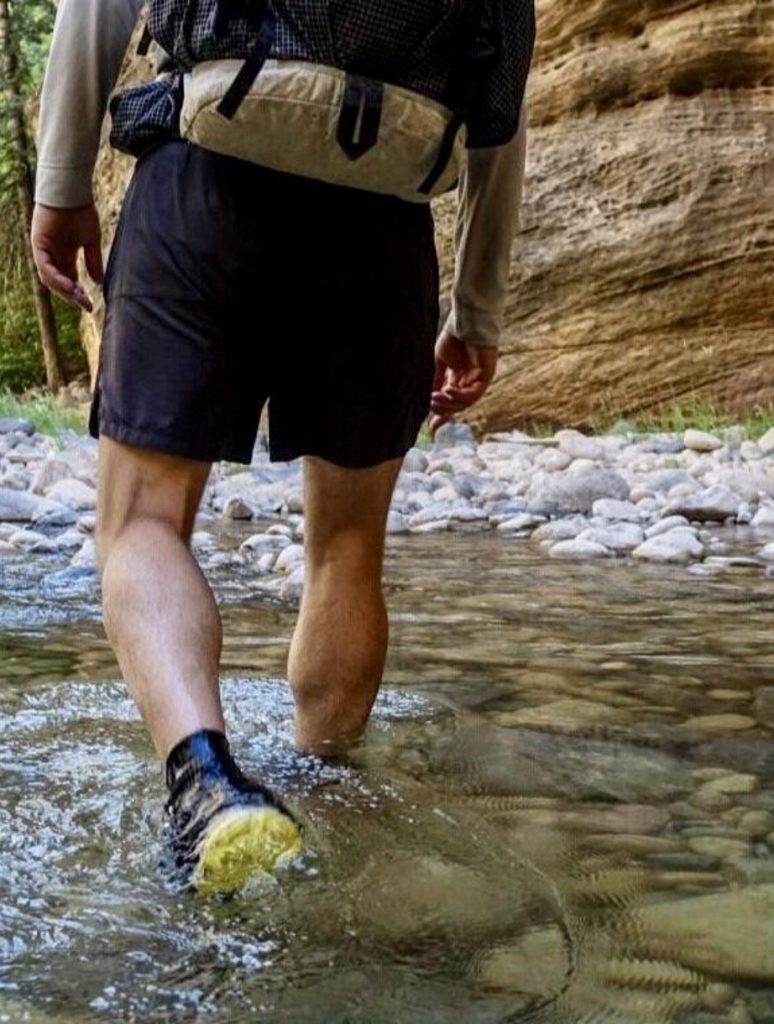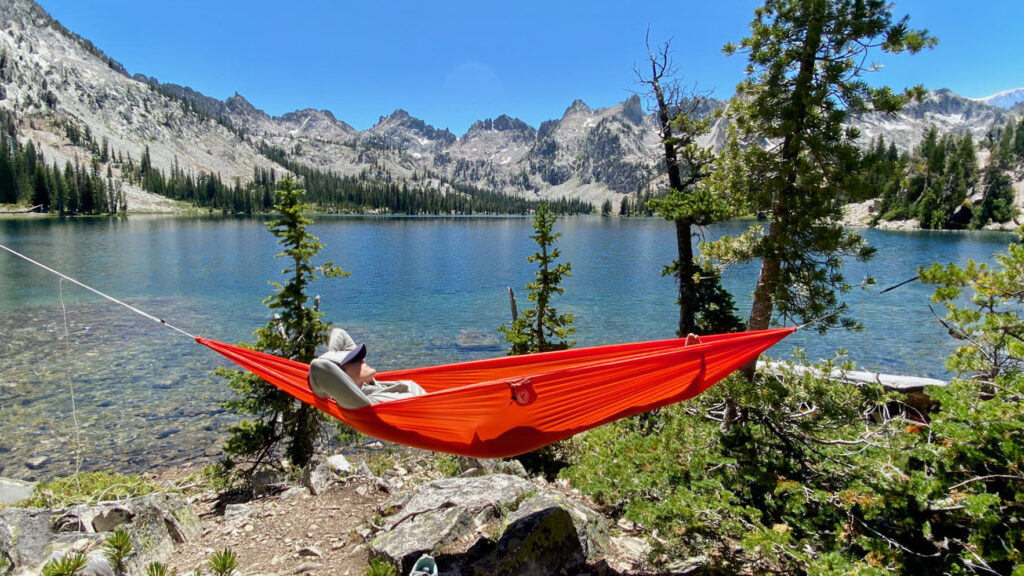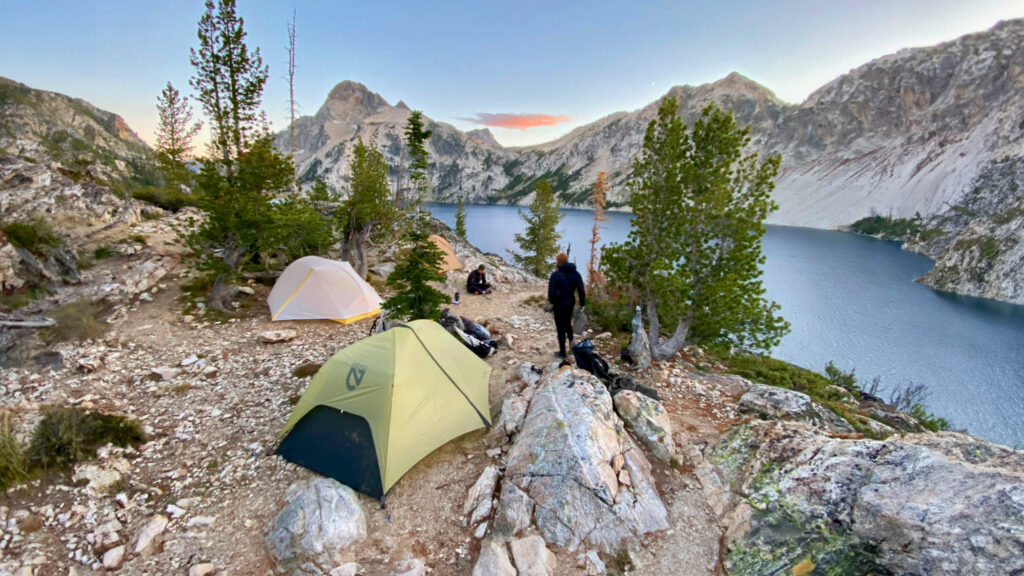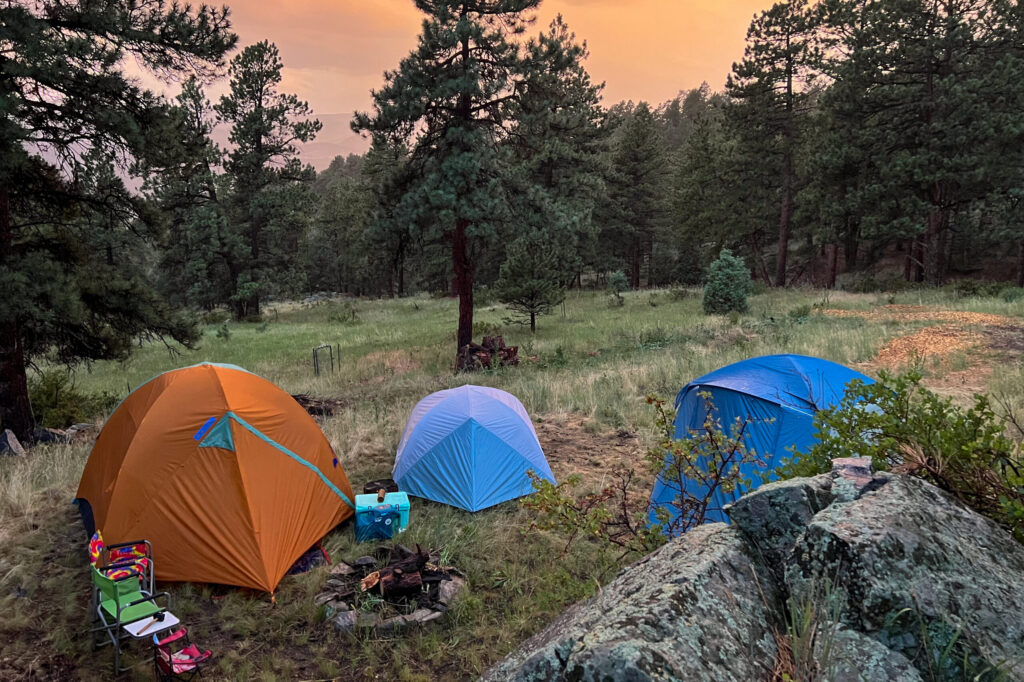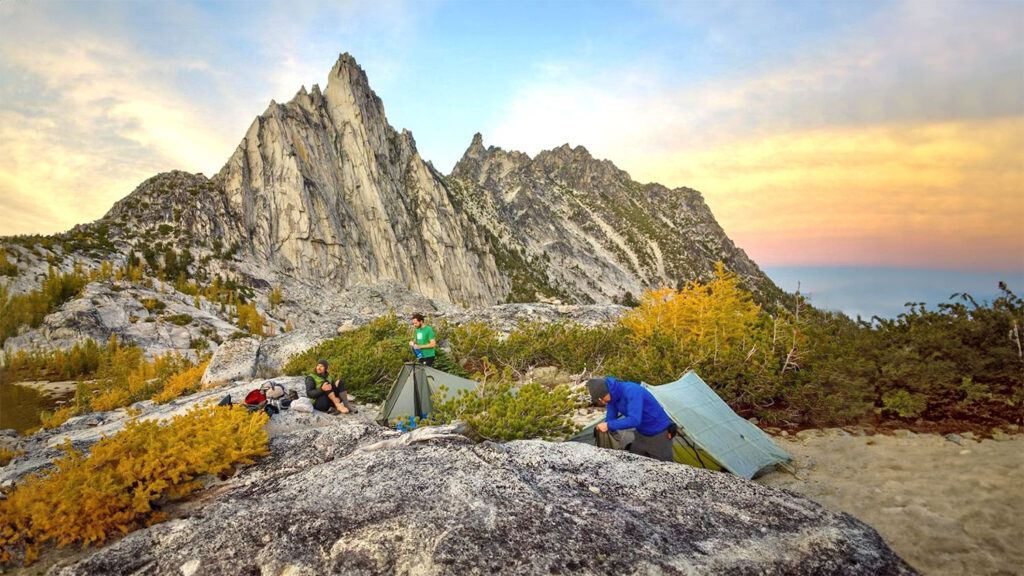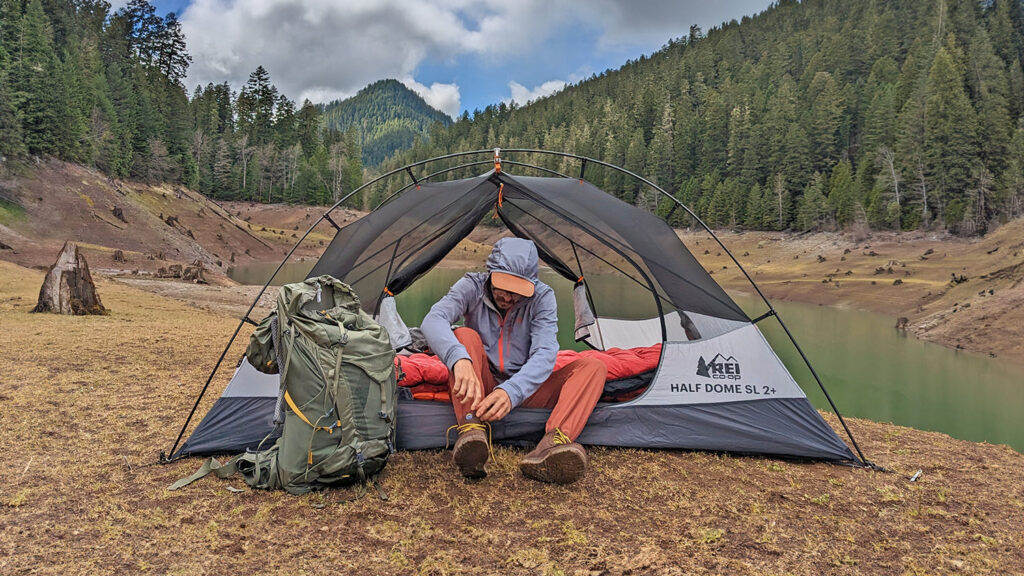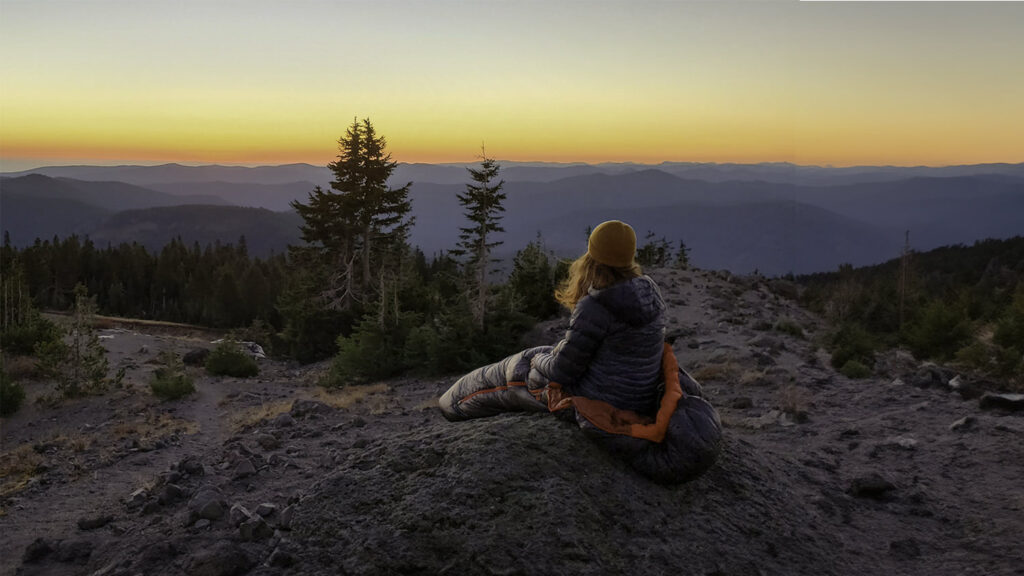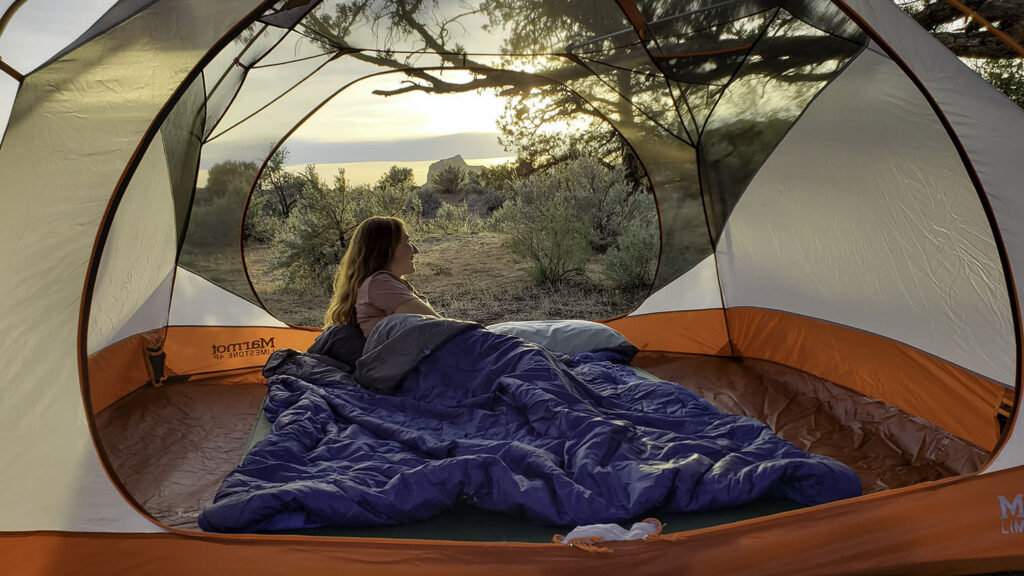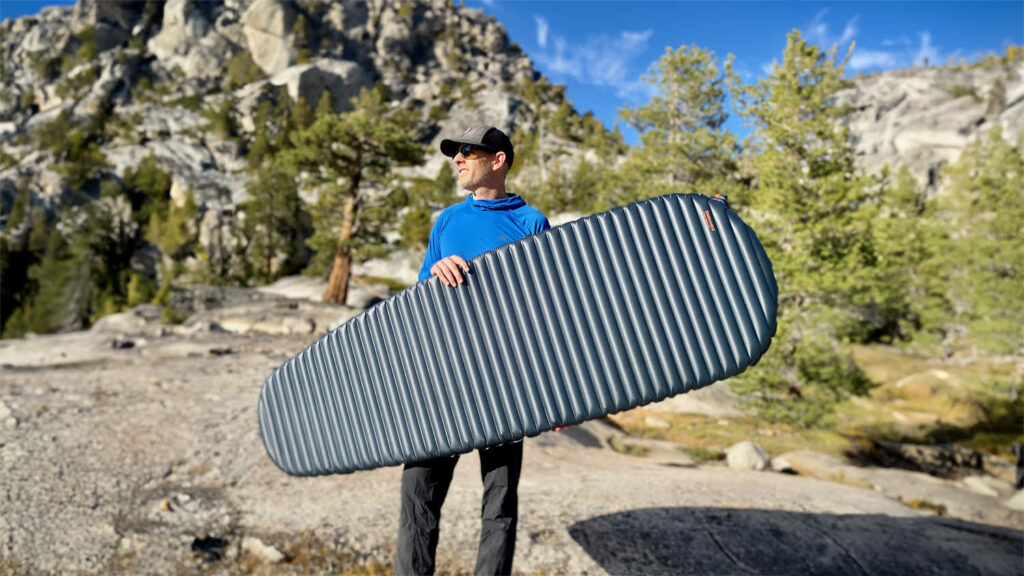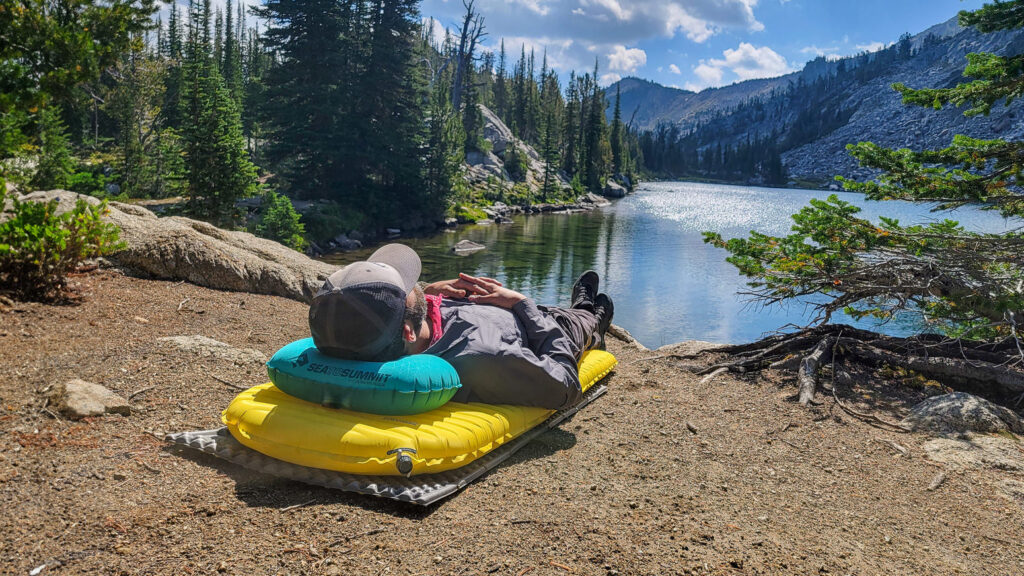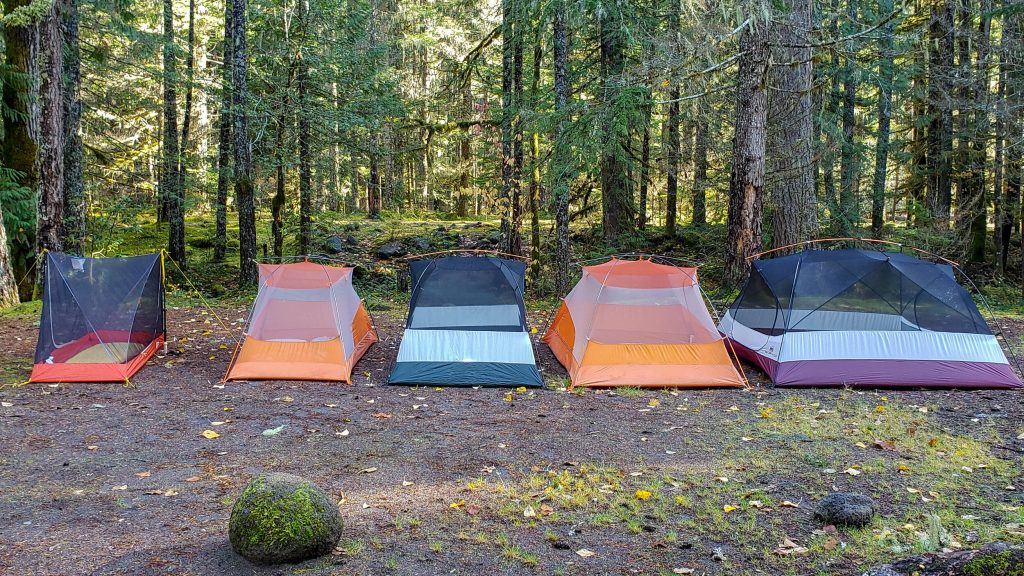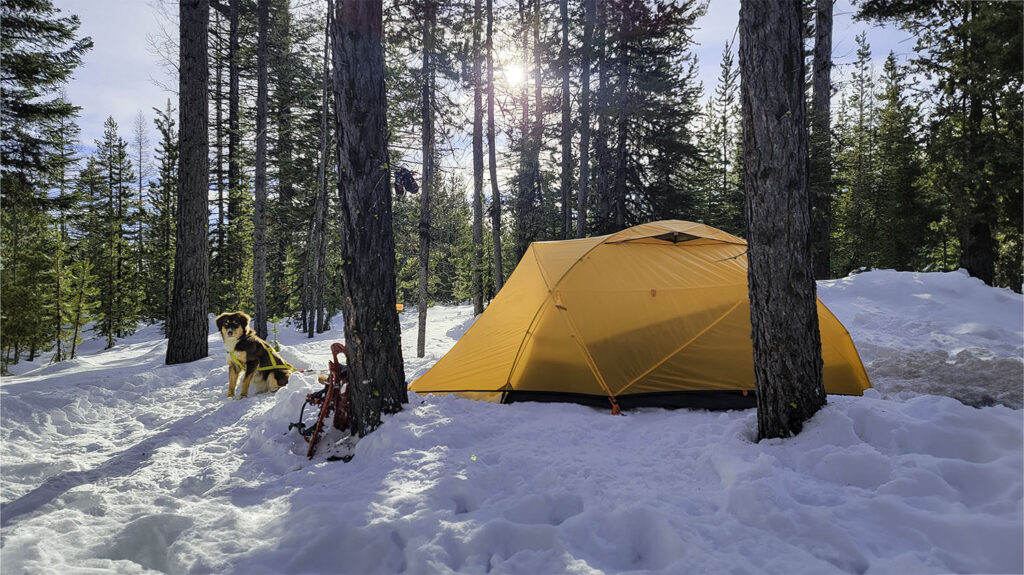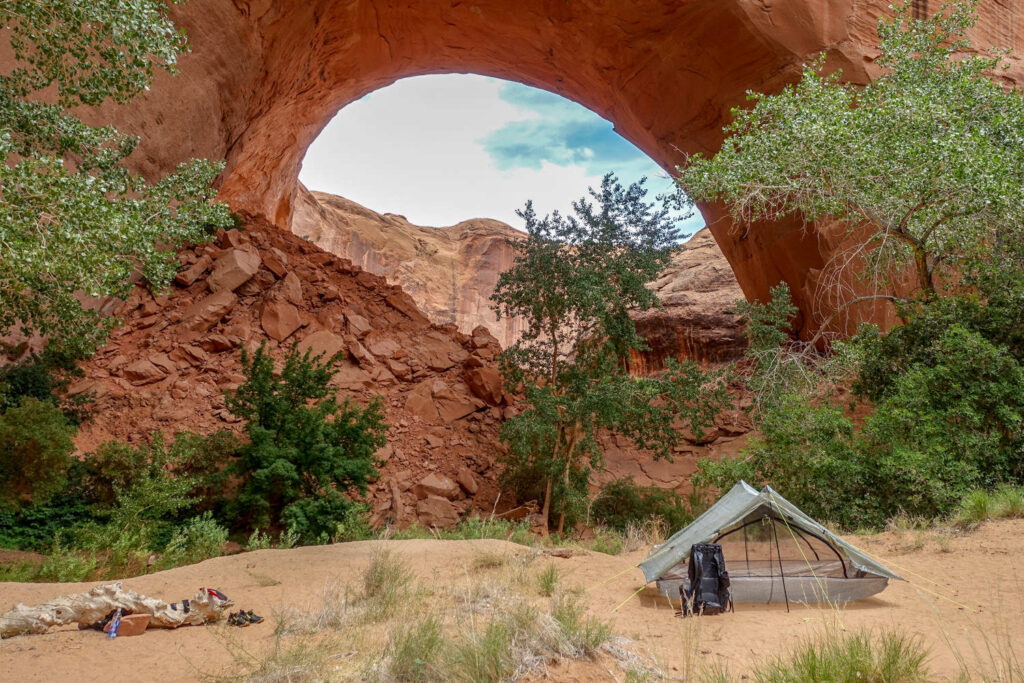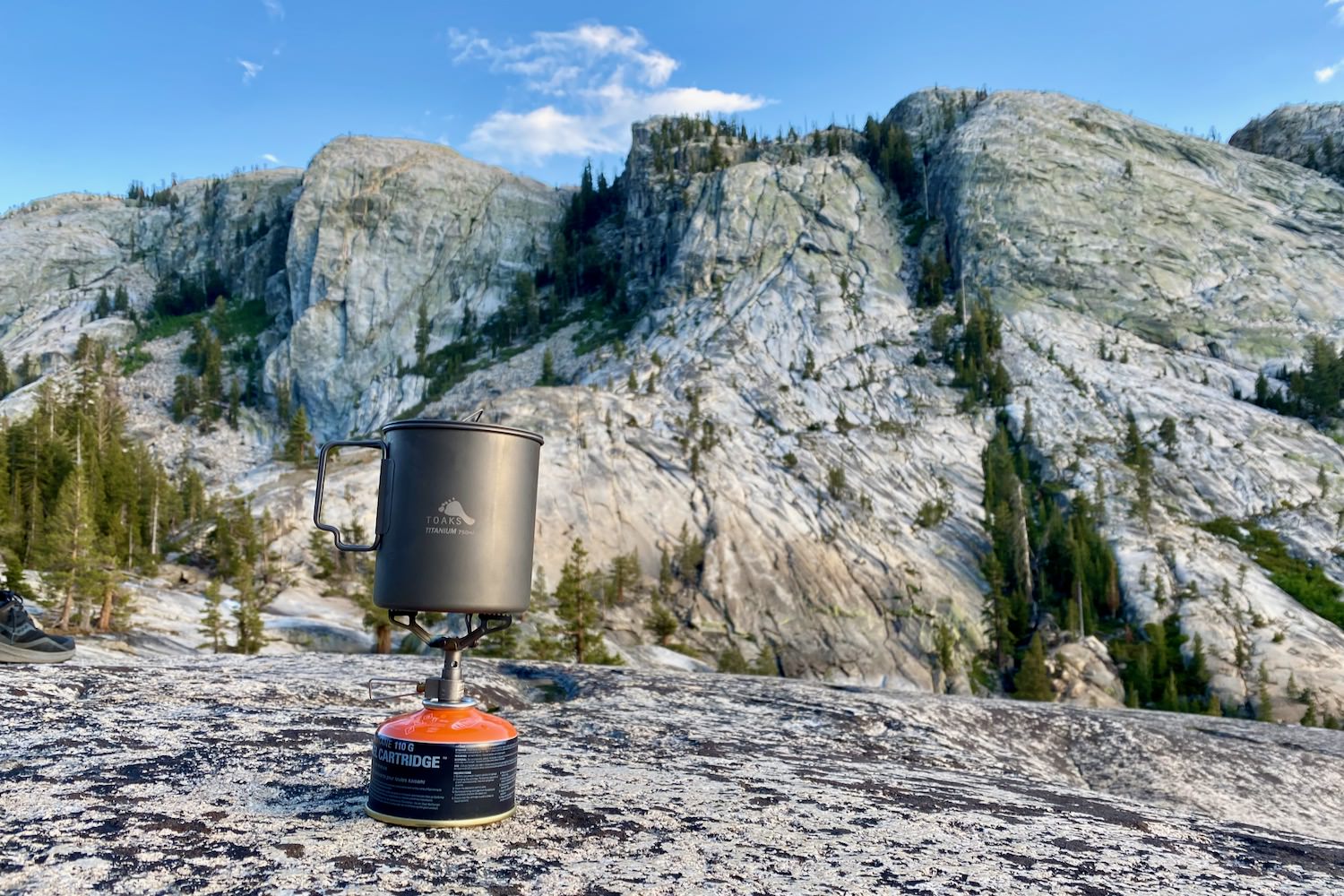
Bottom Line
If all you need to do for your backpacking meals is boil water in a small pot, the BRS 1000T is an excellent choice. This thing is ridiculously lightweight and compact and will make a steady flame. Because of its small size, it’s best suited for small to medium-sized pots – though you’ll want to keep an eye on it to make sure it doesn’t tip. Sure, sometimes it’s nice to have a stove with a little more heft, but we’ve used the BRS for over 1000 miles from the rainy northeast to the Colorado high country, and it has exceeded expectations.
If your cooking goals include using a larger pot, simmering, or cooking on windy ridgelines, you might want to check out some other stoves on our full backpacking stoves guide. But if you want a super lightweight and inexpensive stove, this one is hard to beat.
Quick Specs
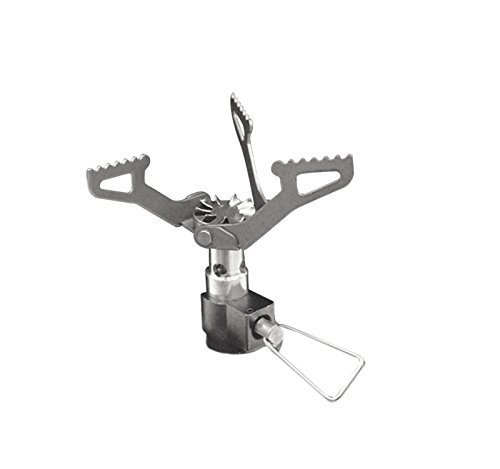
BRS 3000T
Best Budget Ultralight Stove
CleverHiker Rating: 69.8/100
Price: $20
Weight: 1 oz.
Fuel Type: Isobutane/propane canister
Boil Time: 4m 45s
Burn Time (8 oz. fuel): 75m
Pros
- Affordable
- Ultralight
- Compact
Cons
- Not as durable as some
- No simmer control
- Knob to turn gas on/off is a little finicky
- Not as good in wind as some
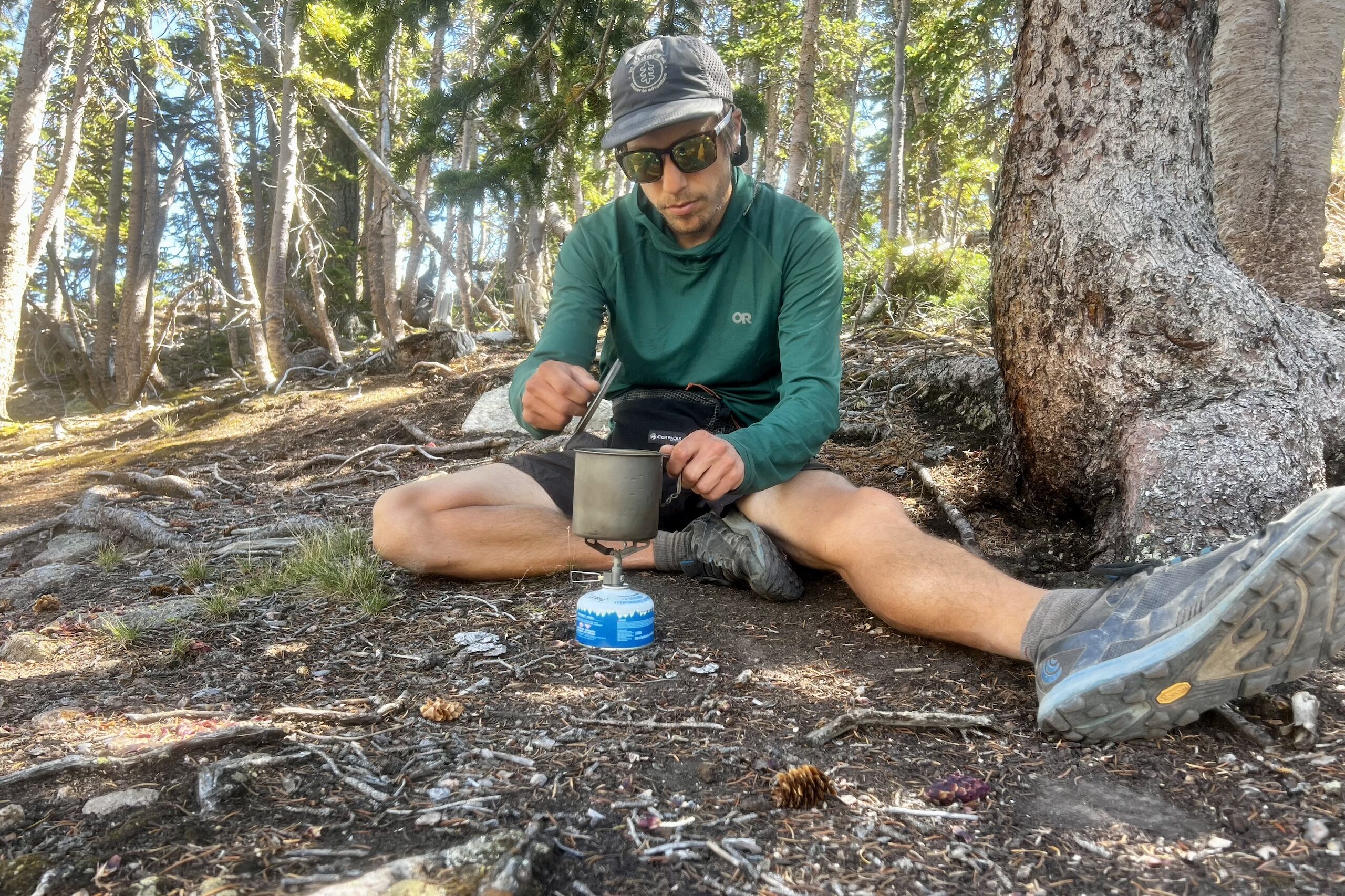
Convenience
This stove is easy to attach to a standard isobutane fuel canister. Beyond that, its stability, simmer control, and additional features can best be described as finicky.
As far as stability goes, you’ll be relying on the size of your canister and the flatness of the ground more than the actual stove. The footprint of the pot stand is small so we limit our use to small and medium pots. Anything larger and you’re risking spillage. Larger pots will also likely increase boil time as the burner has a very small and focused flame output.
There are absolutely no frills to this stove. The lack of extra features keeps it light, but if you enjoy having things like an ignitor switch, there are better options.
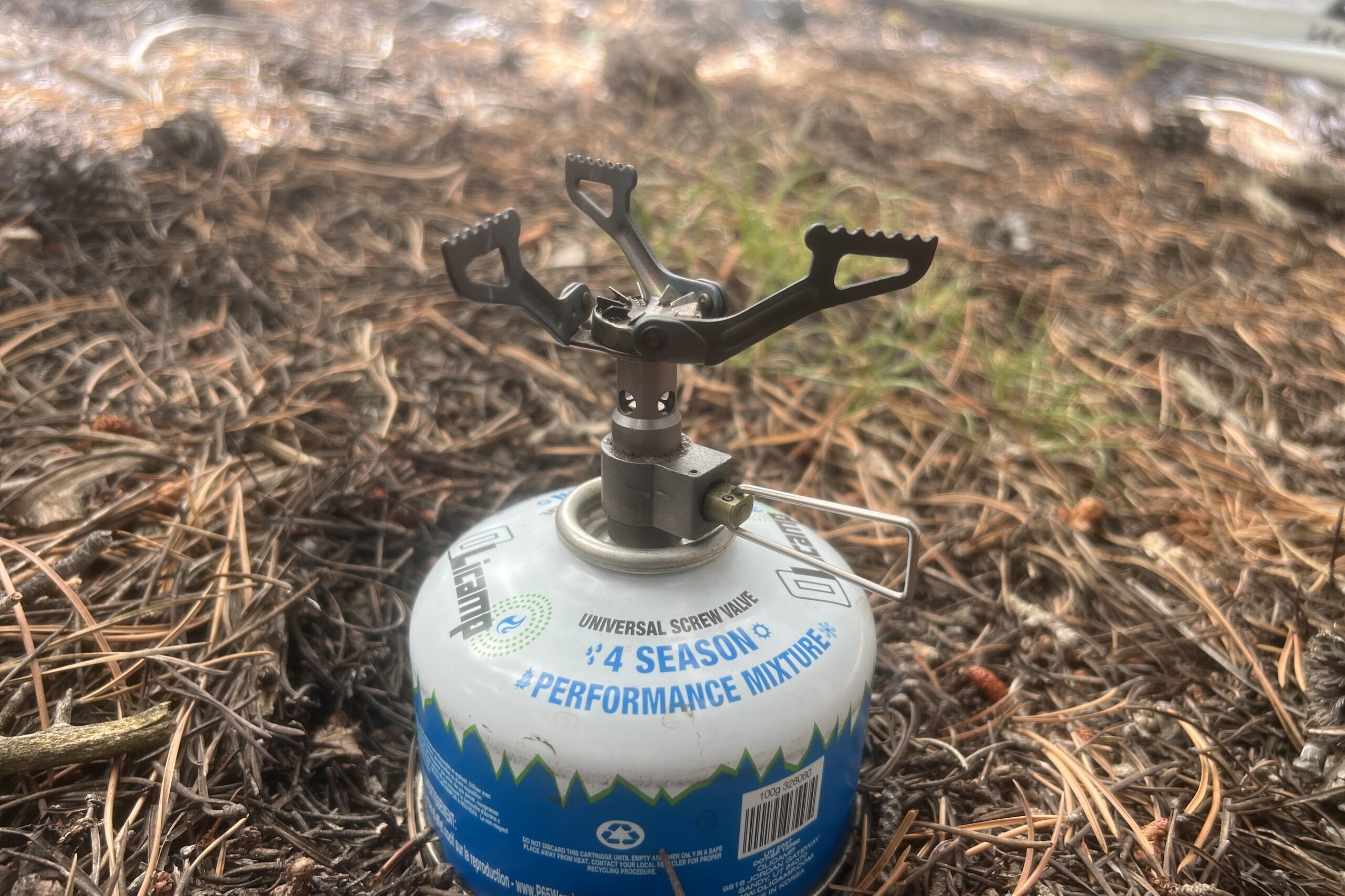
Weight & Packability
For the experienced backpacker, the number one appeal of the BRS 3000T is its superior size and weight savings. At just one ounce, you’ll barely notice the added weight in your pack. It’s about as close as you can get (weight-wise) to an ultralight cold soak setup but with the benefit of a warm meal. Furthermore, the BRS 3000T doesn’t add any bulky storage containers like other stoves. If you’re worried about the metal of the stove scratching up your pot or rattling around while you’re hiking, it does come with a tiny drawstring satchel which adds a tenth of an ounce to the total weight.
When folded down, the BRS 3000T can easily fit into the palm of your hand. The arms collapse nicely, similar to that of other stoves, but this one is barely larger than a stick of chapstick. Even in a small 550ml pot, when paired with a mini Bic lighter and packed into the recess of an eight-ounce fuel canister, there is still plenty of space left for a tiny sponge, rag, or whatever else you like to include in your cook kit.
Lightweight does mean less durability, however. When folding down the arms, they do feel a little on the flimsy side. We’ve personally never broken a BRS 3000T, but care should be taken when handling this stove. Just be careful and try not to step on it and you should be fine.
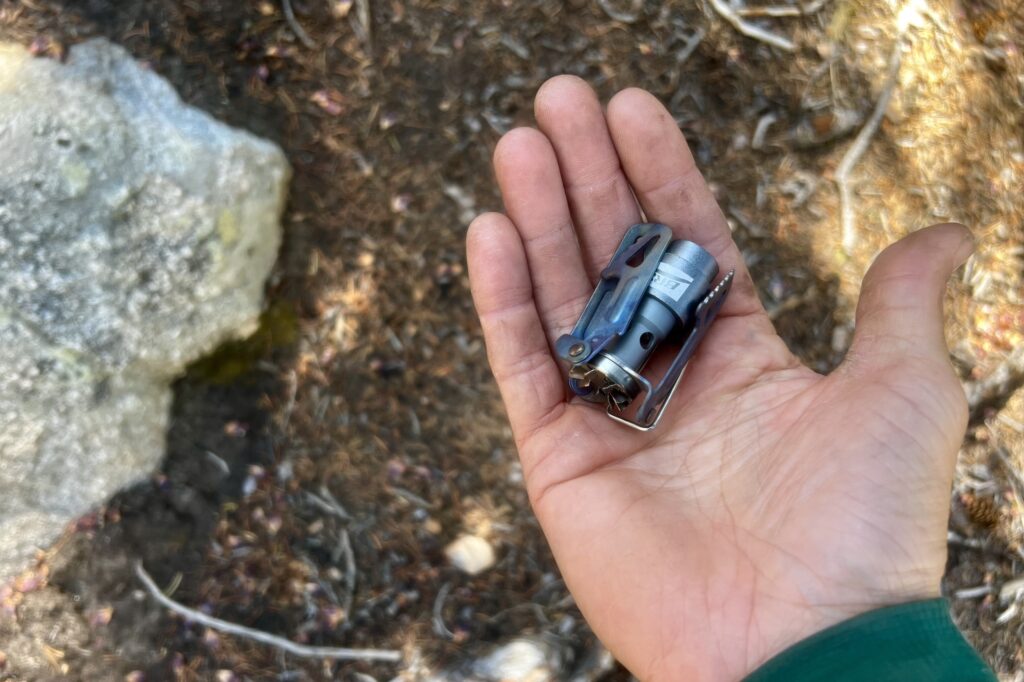
Power & Efficiency
The BRS 3000T doesn’t have the fastest boil time out of all the stoves we tested, but it certainly isn’t the worst either. It took 4 minutes and 45 seconds to boil one liter of water (without wind). For most backcountry applications, one liter is the absolute max one will ever need to boil, so you can assume a quicker boil time in most other instances.
Add a little wind, and you’ve got a different story. When we aimed a small fan at the BRS, it failed to boil one liter of water even after 15 minutes. Now, granted, this is in a lab setting. In real-life mountain conditions where the wind comes in gusts rather than a constant gale, we haven’t had a problem. The stove simply cannot expel much pressure through its miniature burner, thus creating a pretty weak flame comparatively. We would suggest that if you use the BRS 3000T, also bring an ultralight wind guard or plan to cook in a sheltered spot.
Though the BRS 3000T is not the most efficient model, it is still near the top of the list. We typically replace a 100-gram fuel canister every 8-10 days cooking at least two meals per day. However, if you’re sharing the stove, going out for a very long trip, or cooking three hot meals per day, we might suggest sacrificing a few ounces of weight for a more efficient option.
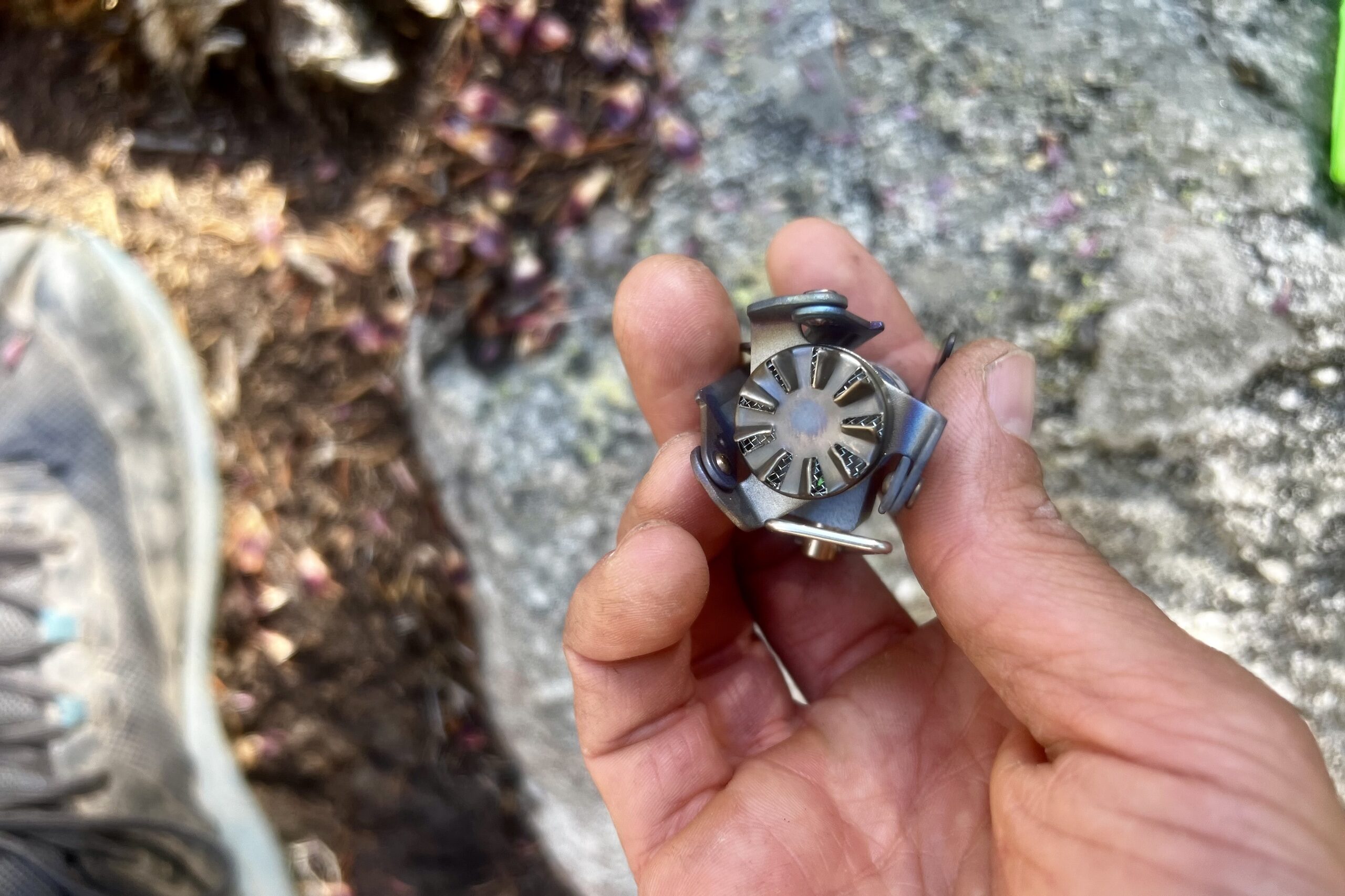
Precision
The BRS 3000T is best suited for sticking to boiling water only. There isn’t a dedicated fuel regulator, so the flame mainly has a high and low setting without much in between. It certainly isn’t the stove for sauteing or doing any kind of complex cooking.
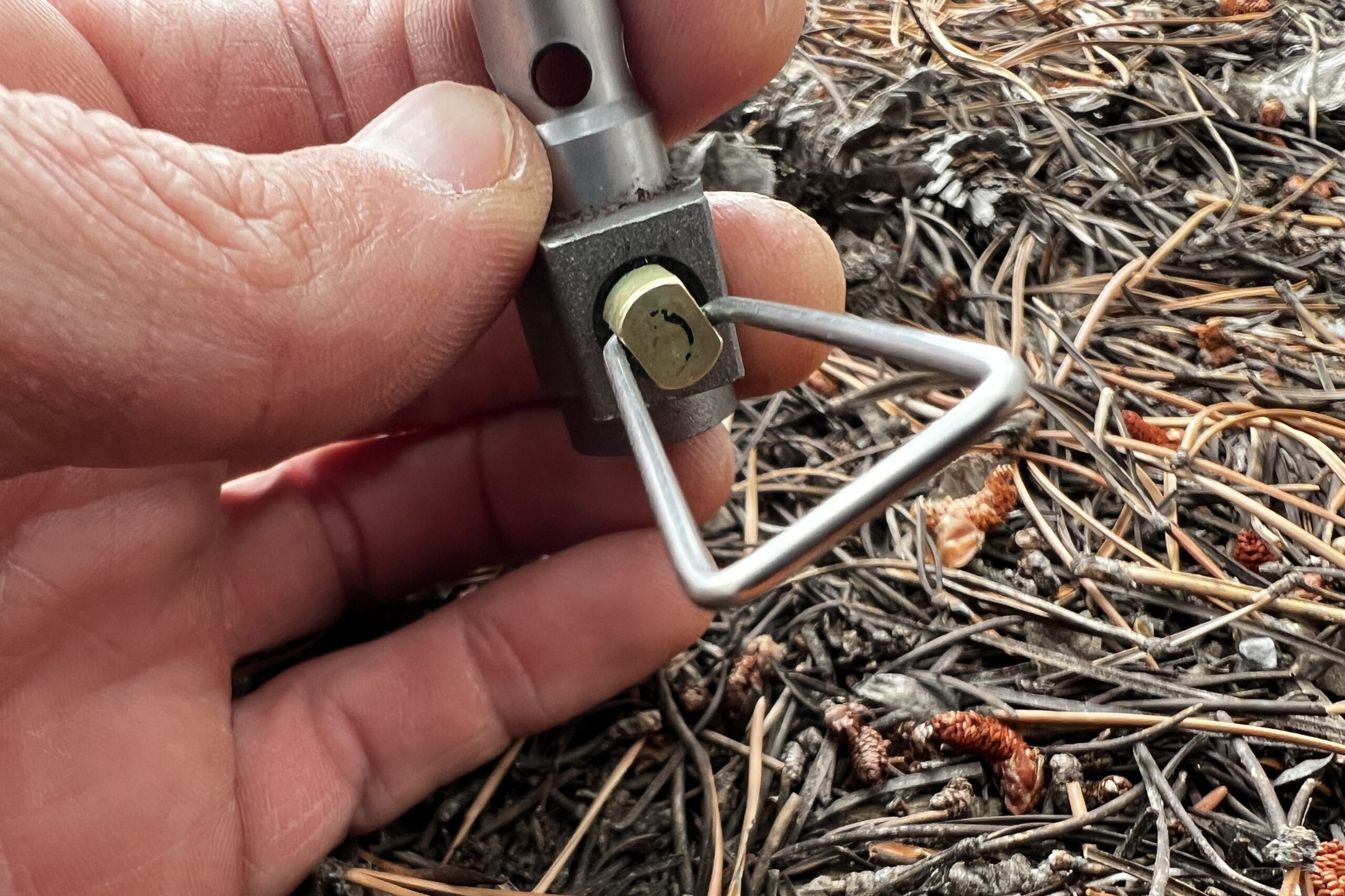
Should You Buy the BRS 3000T?
For the uber ultralight backpacker who only needs to boil water, the BRS 3000T is a clear winner. And at an affordable price point, it’s a minimal loss if it doesn’t float your boat. It really cannot be beat in terms of weight and affordability while maintaining solid, basic functionality.
However, we wouldn’t recommend the BRS 3000T if you’re a backpacker who enjoys your culinary comforts and fully featured gear that gives you the warm and fuzzies. That’s not to say that the 3000T is bad, it’s just as basic as it gets. You won’t be sauteing, simmering, or searing on this stove. For just a few more ounces, you can find a lot more functionality in other options.
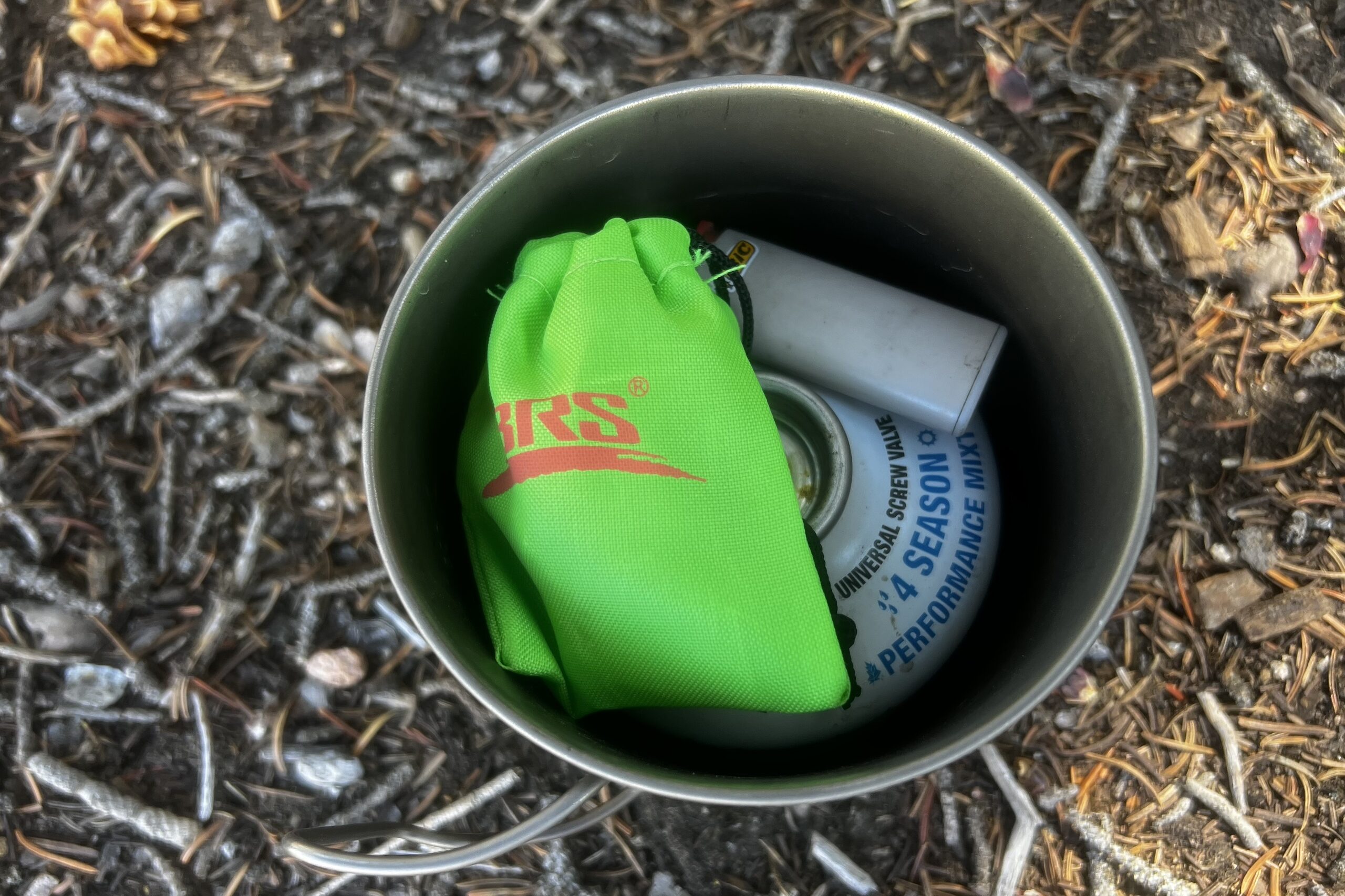
What Other Backpacking Stoves Should You Consider?
MSR PocketRocket 2 Review: When packed without its box, the PocketRocket 2 only weighs about an ounce and a half more than the BRS and still fits nicely into a pot with a canister and lighter. With the extra weight, you get a little more efficiency, and much more stability and precision.
SOTO Amicus Cookset Combo Review: The Soto Amicus Cookset rivals the BRS’s affordability. This set comes with a lightweight stove and a sizable pot with a lid. It’s also relatively compact and fits nicely in a pot.
SOTO WindMaster Review: The Soto WindMaster is a solid alternative if poor wind performance is a deal breaker for you. The WindMaster is excellent in the wind and is still quite lightweight. Its efficiency and precision are among the best in its weight range, but it’s a little bulkier than some.
